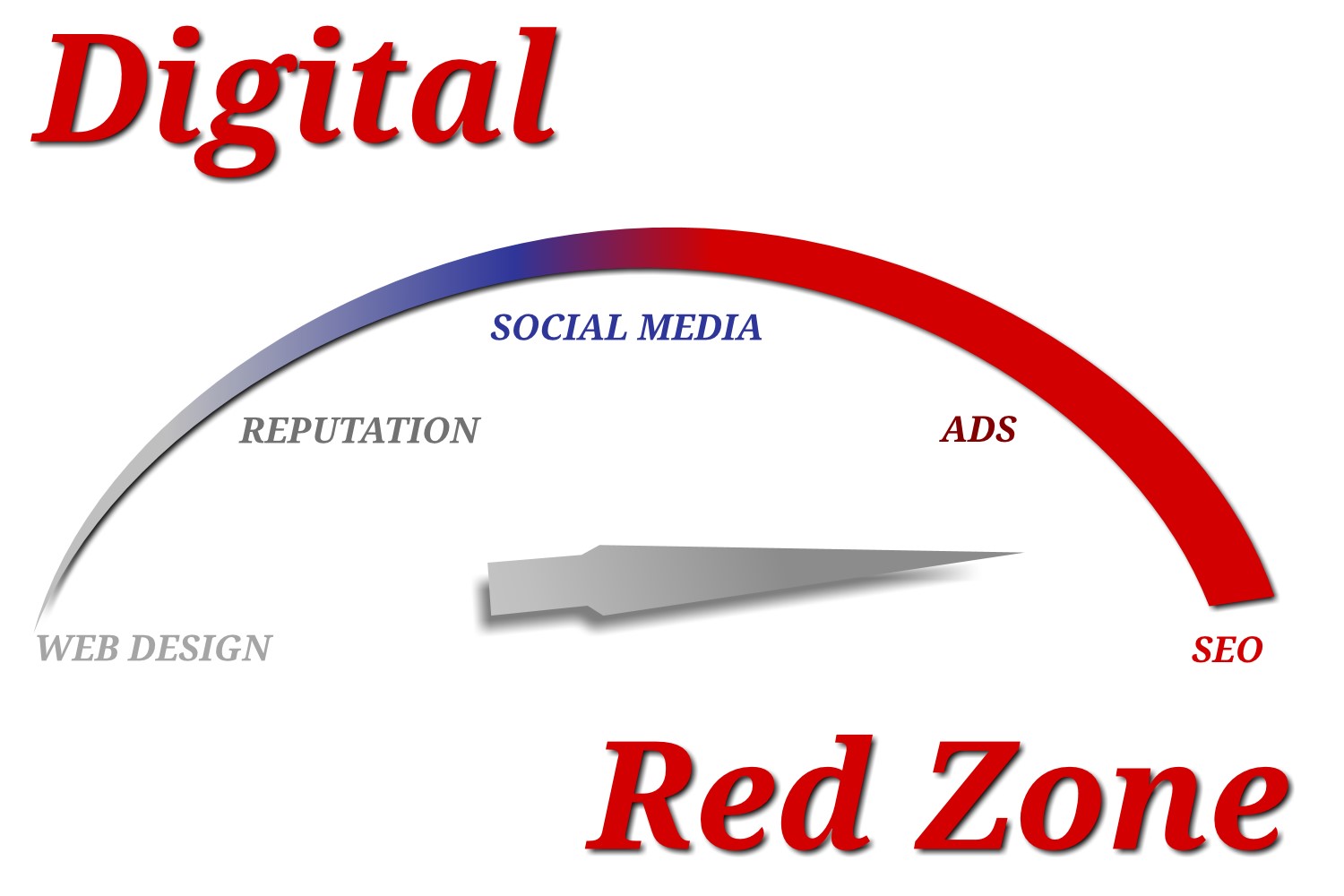SEO: Keywords
SEO keywords are words or phrases that make your site more favorable to the search engines. Keywords do not need to be repeated verbatim throughout a piece of content. In a headline, in particular, you want to use a keyword (or keywords) in a way that makes the most sense to your audience. The goal should be to write a stellar headline (somewhere between 4-9 words) that clearly explains what a piece of content is about.Nothing is more of a buzzkill than having a headline that’s awkwardly framed around one keyword phrase or, worse, that forcibly repeats a keyword phrase.

Keywords are a main component of SEO because it is a potential visitor base that help connect searchers to your website. To create good keywords you must "know the language", meaning you must know what people put in the search engines when they look for product or service in your niche. This will help bring potential customers to your website instead of the thousands of other websites on Google. The good thing about implementing keywords is there is no limit to how many we can put on your site, resulting in higher rankings on Google for your niche. It is imperative keywords are relevant to the audience and effectively organized for action.
Monitoring SEO keywords is crucial for any online marketing strategy. Staying on top of keyword changes and trends can significantly benefit businesses and website owners. Here's why:
- Search Intent Evolution: User search behavior is not static. It changes based on cultural shifts, news events, market trends, technological innovations, etc. By monitoring keywords, businesses can align their content with their audience's evolving needs and interests.
- Algorithm Updates: Search engines, notably Google, frequently update their algorithms. These updates can impact keyword rankings. By monitoring keywords, you can quickly adjust your strategy if a significant change in ranking occurs.
- Competitive Landscape: Your competitors are also optimizing for search. By monitoring keywords, you can understand where you're losing ground to competitors and where you're gaining an edge.
- Identify New Opportunities: By staying on top of keyword trends, you can identify emerging keywords or topics relevant to your business before they become highly competitive. This lets you produce content that captures this new search traffic early on.
- Optimize ROI: By understanding which keywords drive traffic and conversions, businesses can allocate resources more effectively, focusing on high-performing keywords and either improving or deprioritizing underperforming ones.
- Content Relevance: Monitoring keyword performance can indicate when content becomes outdated or less relevant. If a previously high-performing piece of content starts to decline in rankings, it might be time to update or refresh that content.
- Refining Paid Search Campaigns: Monitoring organic keyword performance can inform paid search (PPC) strategies. If specific organic keywords are valuable, businesses might amplify their visibility with paid campaigns.
- Adapting to Seasonal Trends: Some keywords may have seasonal fluctuations. Monitoring can help businesses anticipate these changes, allowing them to adjust content or marketing strategies accordingly.
- Technical Issues: A sudden drop in keyword rankings can indicate technical problems, like website downtime, crawling issues, or unintentional no-index tags. Regularly monitoring keywords can help spot these anomalies quickly.
- Monitoring Local SEO: For businesses with a physical presence, local keyword monitoring can show how well they capture local search traffic, which is crucial for driving in-store visits or local business inquiries.
- Understand Long-tail Opportunities: While primary keywords are essential, long-tail keywords (longer, more specific search queries) often have a higher conversion rate. Monitoring can help businesses tap into these lucrative niches.
- Feedback on Optimization Efforts: If you've made on-page SEO changes or obtained new backlinks, monitoring keyword rankings can give feedback on the effectiveness of those efforts.
Expert Tip:
The digital landscape is dynamic. What works today in SEO might change tomorrow due to various factors, including evolving user behavior and search engine algorithms. Monitoring SEO keywords is not just about keeping tabs on rankings; it's about maintaining an adaptable and effective online strategy that aligns with current trends and user needs.
